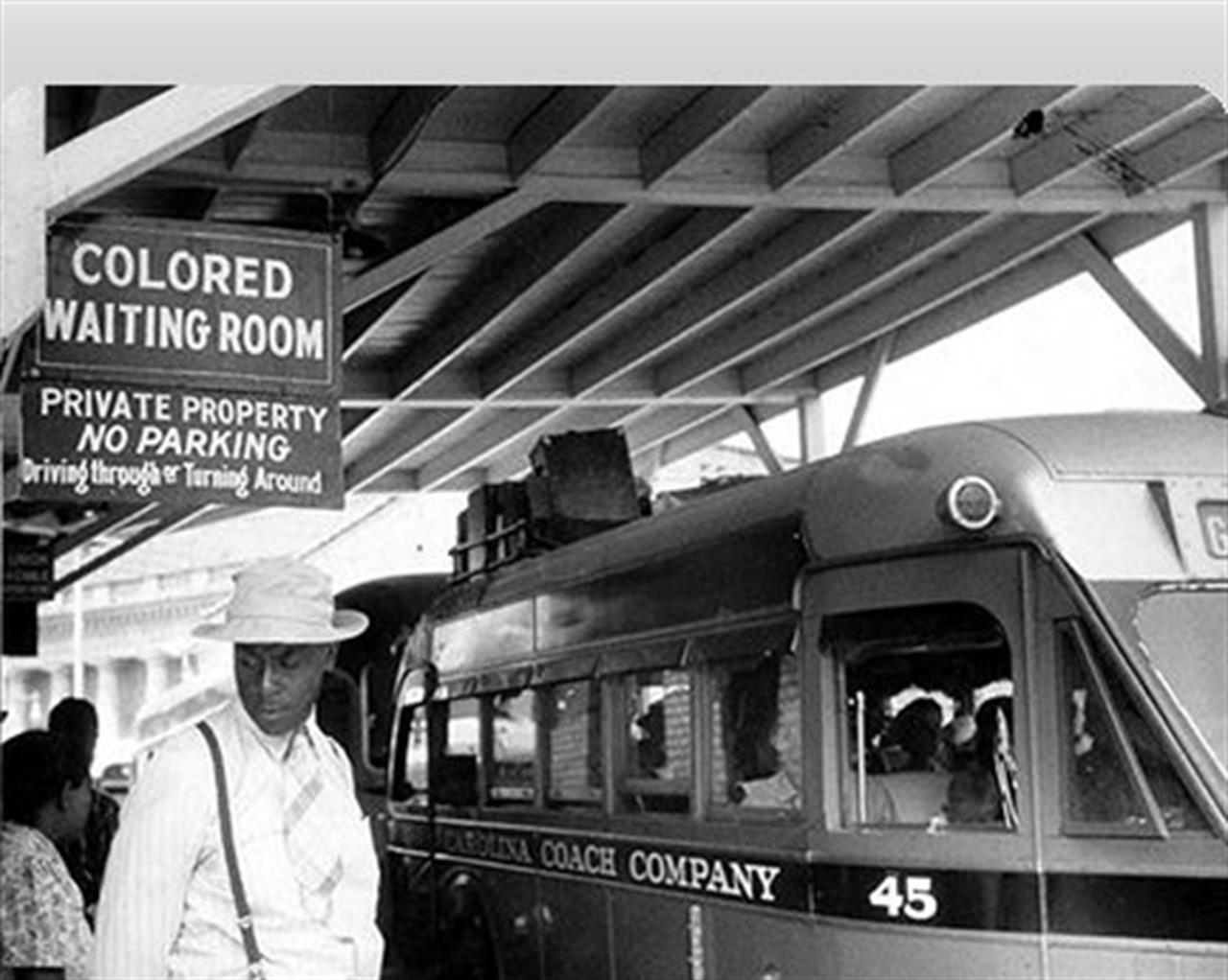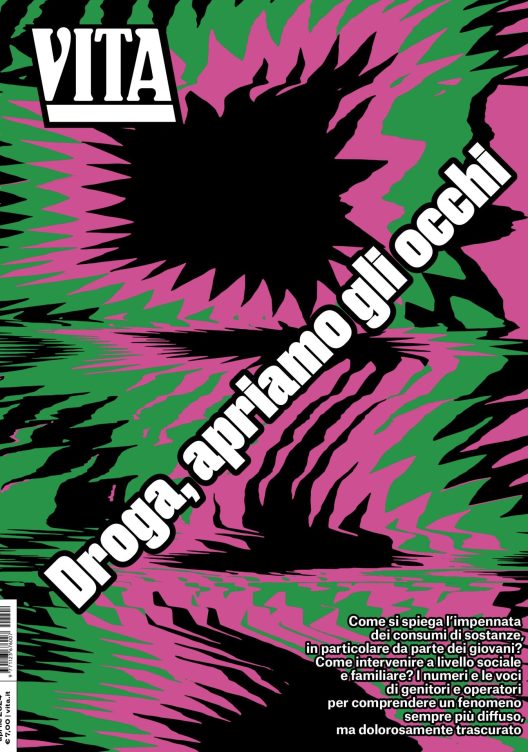Attivismo civico & Terzo settore
Apartheid’s lonely planet guide
The Green Book. A play remembers the days when there were guide books for African-American motorists

To those who knew it, it was simply “the green book”, an essential guide for the African-American traveller in the days of racial segregation. For thirty years (1936 – 1964), The Negro Motorist Green Book: An International Travel Guide, helped black people find places to eat, sleep and shop that would not discriminate against them. Sixty years later, The Green Book is the title of a play about a tourist home for black people in Jefferson City, Montana, where the lives of a holocaust survivor and an African-American meet the day before civil rights activist William DuBois is scheduled to arrive in town to deliver a speech. The play, which is set in the 1950s, is written by Atlanta author Calvin Alexander Ramsey, who heard about the guide book at a funeral several years ago.
A dramatic reading of the play featuring civil rights activist and former NAACP chairman Julian Bond will be presented at Washington’s Lincoln theatre on September 15.
The American dream
Although private transport offered African-Americans an escape from the humiliation of the ‘Jim Crow’ laws that segregated them to the backs of busses, streetcars and trains and obliged them to give up their seats to whites on command without protest, it was by no means easy to travel across America if you were black. In the words of Julian Bond, whose parents used the book, it was not a question of where the best places to eat were, but where there was any place at all.
The first edition of Victor Green’s book, which sold around 15 thousand copies a year, only encompassed the city of New York, but later editions included Bermuda, Mexico and Canada. The introduction read: “There will be a day sometime in the near future when this guide will not have to be published. That is when we as a race will have equal opportunities and privileges in the United States.” The last publication dates to 1964 when the Civl Rights Act was passed.
Find out more

